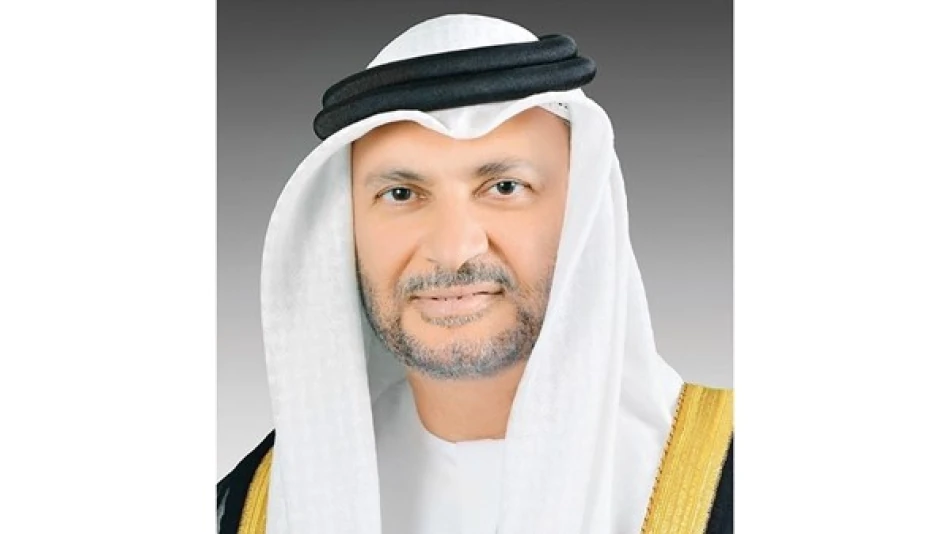
UAE Stands in Solidarity with Qatar: Anwar Gargash's Heartfelt Message of Unity
UAE Condemns Israeli Attack on Qatar as Gulf Security Unity Takes Center Stage
The United Arab Emirates has issued a strong condemnation of what it describes as an Israeli attack on Qatar, with a senior Emirati diplomat emphasizing that Gulf security is "indivisible" and pledging full solidarity with Doha. The statement signals a notable diplomatic alignment between the UAE and Qatar, two nations that have worked to rebuild ties following years of regional tensions.
High-Level Diplomatic Response
Dr. Anwar Gargash, the UAE's Diplomatic Advisor to the President, took to social media platform X to express his country's position. "The security of the Arab Gulf states is indivisible, and we stand wholeheartedly with our sister state of Qatar," Gargash declared, condemning what he termed a "treacherous Israeli attack" targeting the emirate.
The senior diplomat's use of the phrase "wholeheartedly" (قلباً وقالباً) in Arabic carries particular weight in diplomatic discourse, suggesting not just political support but genuine solidarity between the two Gulf neighbors.
Regional Security Architecture Under Pressure
Gargash's emphasis on "indivisible" Gulf security reflects a broader strategic reality facing the region. As tensions escalate across the Middle East, smaller Gulf states are increasingly recognizing that isolated responses to external threats may prove insufficient.
Post-Blockade Diplomatic Realignment
The UAE's swift and unequivocal support for Qatar represents a significant evolution in regional dynamics. Just three years ago, the UAE was part of a quartet of nations—including Saudi Arabia, Egypt, and Bahrain—that imposed a diplomatic and economic blockade on Qatar from 2017 to 2021.
The Al-Ula Declaration of January 2021 officially ended the blockade, but rebuilding genuine trust and cooperation has been a gradual process. The UAE's strong backing of Qatar in this instance suggests these reconciliation efforts have gained substantial momentum.
Strategic Implications for Gulf Cooperation
This diplomatic response carries implications beyond bilateral UAE-Qatar relations. The incident and subsequent reaction may accelerate discussions around collective security arrangements within the Gulf Cooperation Council (GCC), which has historically struggled with internal divisions.
Testing Regional Alliances
The nature and scale of the alleged Israeli action—details of which remain unclear—will likely influence how other Gulf states position themselves. Saudi Arabia and other GCC members face pressure to demonstrate similar solidarity, potentially strengthening the council's cohesion at a critical regional juncture.
For Qatar, which hosts major U.S. military installations and maintains complex relationships across the region, strong backing from the UAE provides valuable diplomatic cover and reinforces its position as an integral part of Gulf security architecture.
Broader Middle East Context
The incident occurs against the backdrop of heightened regional tensions, with Gulf states navigating complex relationships with both Israel and Iran. The UAE's normalization with Israel through the Abraham Accords in 2020 makes its criticism of Israeli actions particularly noteworthy, suggesting that Gulf diplomatic calculations prioritize regional stability over newer bilateral arrangements when core interests are at stake.
This response may signal to other regional players that despite individual Gulf states' varying relationships with external powers, threats against any GCC member will be met with collective diplomatic resistance.
Most Viewed News

 Layla Al Mansoori
Layla Al Mansoori






